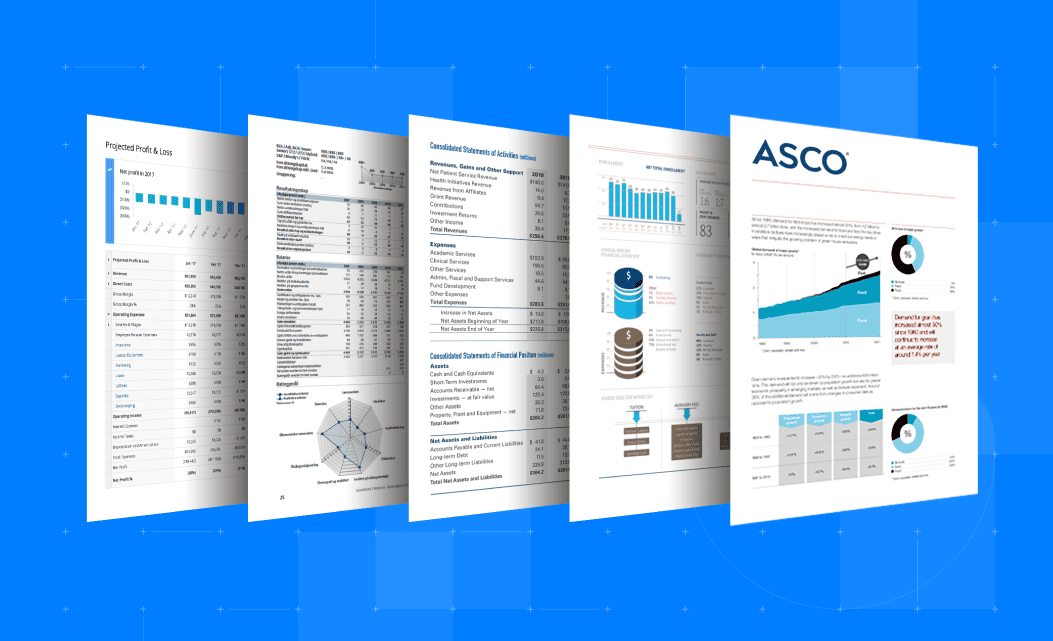Earlier this month, The American Society of Clinical Oncology (ASCO) hosted one of the largest cancer research conferences of the year, connecting oncology professionals, patient advocates, industry representatives, and major media outlets from all around the world.
Hundreds of presenters took the virtual and physical stages, covering their latest findings, including competitive and disease area research. With over hundreds of documents related to the conference in the AlphaSense platform, some of the notable companies mentioned frequently throughout the documents were AstraZeneca, Gilead Sciences Inc, Roche, and Adicet Bio Inc.
There were so many exciting developments, information, and data presented at ASCO this year. Digging deeper into the documents, here are the top takeaways:
Takeaways:
- There was a lot of exciting immuno-oncology (IO) data at ASCO that came from CAR-T and T cell engagers in hematological malignancies. There are also other notable expansions of anti-PD(L)1 into early-stage cancers.
- Many documents noted some promising presentations with positive clinical signals and supportive biology from Merck’s LAG-3, BioNTech / Roche’s neo-antigen vaccine, and VEGF / PD-(L)1 combinations in several trials.
- There were positive data updates from several locally injected IO therapies, including cytokines and oncolytic viruses.
- Many believe the epcoritamab LBCL monotherapy data, which will provide the basis for 2H22 regulatory submission, compare favorably to pivotal data presented at ASCO for Roche’s competing program glofitamab. The race to monotherapy approval in relapse/refractory (r/r) diffuse large B-cell lymphoma (DLBCL) is gaining momentum, with pivotal data now disclosed for two leading programs.
“Blood cancers remain challenging to treat at all stages, but by improving frontline treatment options we aim to increase the likelihood of meaningful clinical outcomes for these patients,” said Levi Garraway, M.D., Ph.D., chief medical officer and head of global product development. “With these new long-term data and other studies of fixed-duration therapies in our portfolio, we are working to lessen the treatment burdens associated with long-term cancer care.” | PharmaBiz
- Epcoritamab combination data remains consistent and encouraging across various indications and combinations.
- Unsurprisingly, Enhertu was the most-talked-about drug at the conference following the presentation of the DESTINY-Breast04 study, showing a 50% decrease in the risk of progression over investigator choice chemotherapy.
Dr Shanu Modi, medical oncologist, Memorial Sloan Kettering Cancer Center, USA, and principal investigator for the trial, said: “The results of DESTINY-Breast04 show for the first time that a HER2-directed therapy can provide a survival benefit to patients with low HER2 expression, indicating we must reconsider the way we categorize patients with metastatic breast cancer. The efficacy seen with Enhertu also reinforces the potential to establish a new standard of care for more than half of all patients with breast cancer currently categorized as having HER2-negative disease, but who actually have tumors with low HER2 expression.”
Susan Galbraith, executive vice president, Oncology R&D, AstraZeneca said: “Today’s results represent a pivotal moment demonstrating the potential for Enhertu to redefine the treatment of HER2-targetable cancers. DESTINY-Breast04 validates targeting the lower end of the spectrum of HER2 expression, since Enhertu reduced the risk of disease progression or death across all types of patients in the trial by half, and reduced the risk of death by over a third. We must now evolve the way we classify and treat metastatic breast cancer to ensure these patients are effectively diagnosed and treated.” | Pharma Marketletter
- Roche presented data from the SKYSCRAPER-02 study of TIGIT antibody tiragolumab in small-cell lung cancer (SCLC), showing lackluster results. One document noted that there was already dampened enthusiasm for the target following the previously announced failure and the SKYSCRAPER-01 study in non–small-cell lung cancer (NSCLC) failing to meet its PFS endpoint.
- There was the strongest clinical diagnostics presence ever at ASCO, and there was a significant presence on the role of circulating tumor DNA (ctDNA) and minimal residual disease (MRD) testing.
- Some noted a disappointing lack of a diagnostic and/or clinical plan around addressing the shortcoming of current IHC HER2 expression-assessment with a clear intent to continue relying on the IHC 1/2 status information that clinicians typically receive. This could very well just be an acceptance of clinical reality.
You can read every event transcript from ASCO here. Not a user? Unlock a free trial of AlphaSense here.




